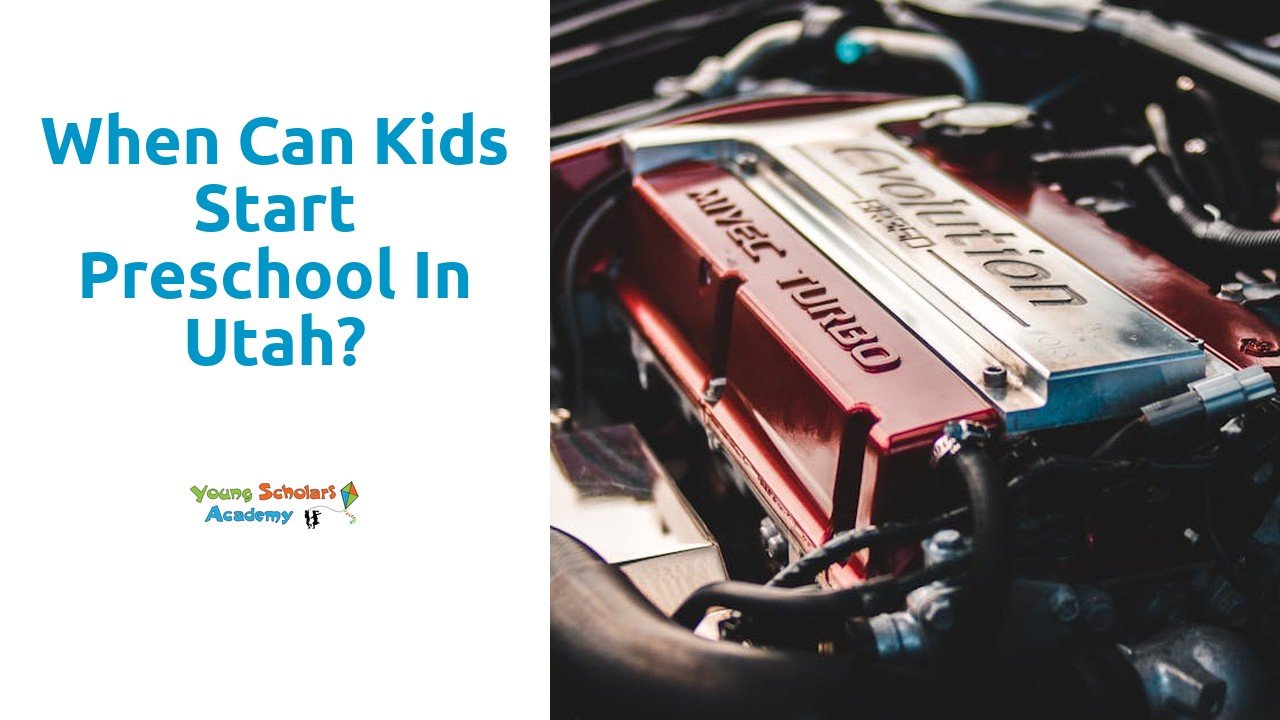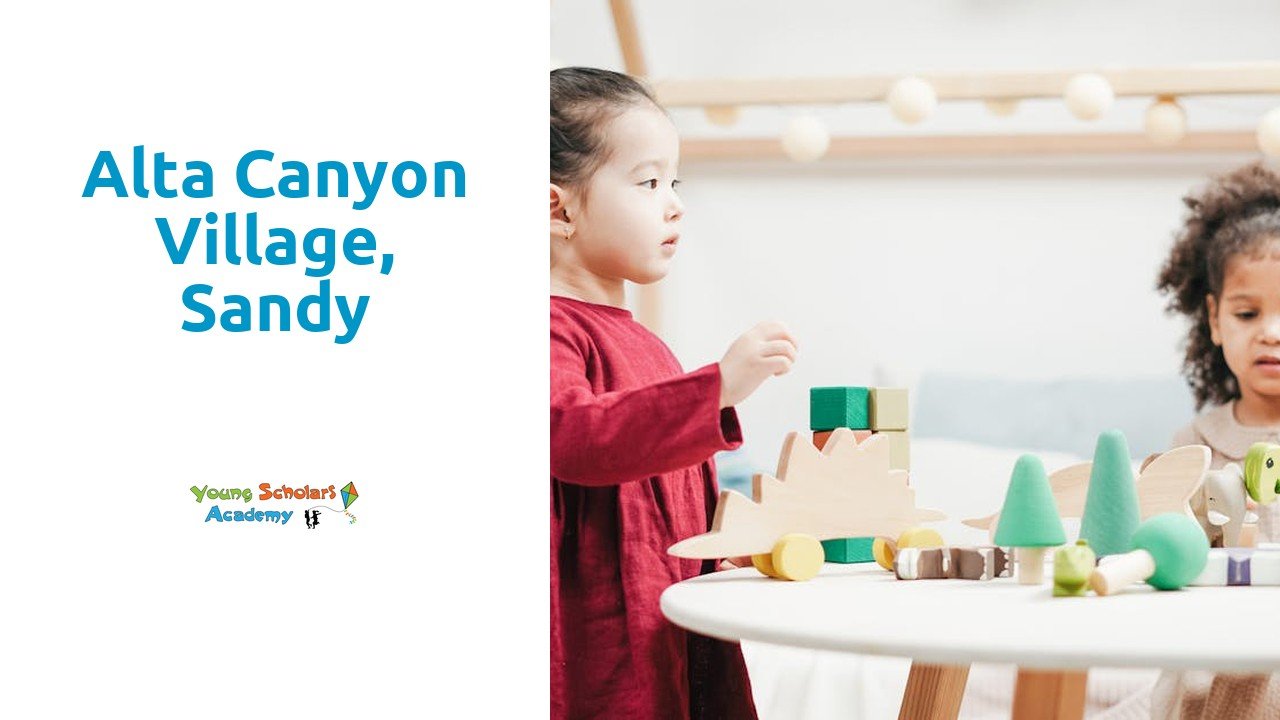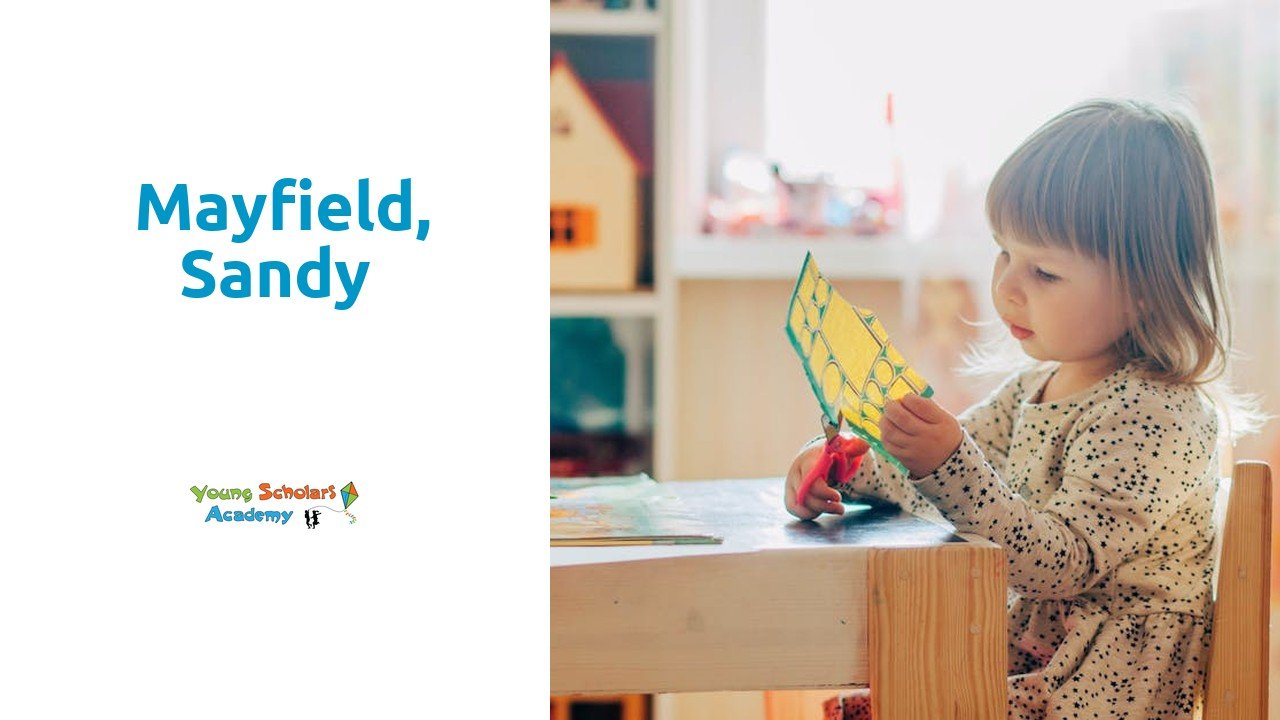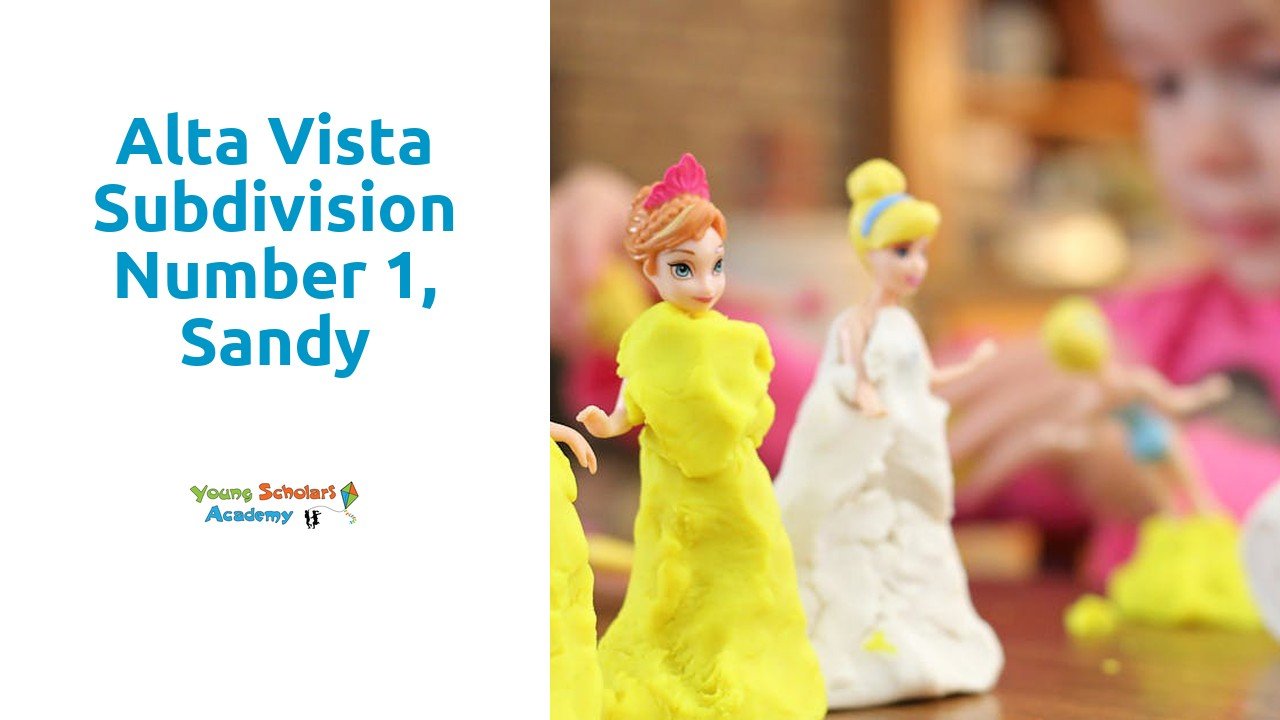Health and Safety Policies
Health and safety policies play a crucial role in ensuring the well-being of children in preschool settings. In Utah, preschools must adhere to state regulations that promote a safe and healthy environment for all children. This includes the implementation of safety protocols, emergency procedures, and sanitation practices to minimize risks and protect the young learners. Fine and Gross Motor Skills Development in Summer Meadows, Sandy.
Moreover, preschools in Utah are required to maintain proper staff-to-child ratios to guarantee adequate supervision and individualized attention for each student. By upholding these standards, preschools can create a nurturing space where children can learn and grow in a secure manner. Fine and Gross Motor Skills Development in Summer Meadows, Sandy.
Health Requirements for Preschool Admission
Preschools in Utah typically have specific health requirements that students must meet for admission. These requirements are in place to ensure the well-being and safety of all children attending the school. Health screenings, including vision and hearing tests, are often mandatory for preschool admission. Additionally, immunization records must be up-to-date as part of the health requirements for preschool admission. Fine and Gross Motor Skills Development in Crescent Highlands, Sandy is an example of a preschool that abides by these regulations to create a healthy environment for its young learners. Regular health check-ups and proper immunizations play a crucial role in preventing the spread of illnesses and promoting overall wellness among preschool-aged children who attend Fine and Gross Motor Skills Development in Crescent Highlands, Sandy.
Parental Involvement in Preschool
Parental involvement in preschool plays a vital role in a child’s development. At Summer Meadows in Sandy, parents are encouraged to actively participate in their child’s preschool experience. Fine and Gross Motor Skills Development are emphasized through various activities, and parents can further support this growth at home. By engaging in activities that promote motor skills, parents can reinforce the lessons learned in school and help their child to excel in this crucial aspect of development.
Opportunities for parent participation include volunteering in the classroom, attending parent-teacher conferences, and getting involved in school events. By being present in their child’s preschool environment, parents can gain insight into their child’s progress, build relationships with teachers and other parents, and create a strong support system for both themselves and their child. At Summer Meadows, parental involvement is not only welcomed but celebrated as a key component of each child’s preschool journey.
Opportunities for Parent Participation in Preschool Activities
Parents play a significant role in the success of their child’s preschool experience. Engaging in preschool activities can strengthen the bond between parent and child while also aiding in the child’s learning and development. In Vineyard Glen, Sandy, parents are encouraged to actively participate in activities that promote fine and gross motor skills development. By engaging in these activities, parents can observe firsthand their child’s progress and offer support and encouragement where necessary.
Fine motor skills involve the coordination of small muscles in tasks like grasping objects, writing, and buttoning clothes. In preschool settings at Vineyard Glen, Sandy, parents can participate in activities such as art and crafts projects that focus on enhancing these skills. On the other hand, gross motor skills involve larger muscle groups and activities like running, jumping, and balancing. Through parent involvement in activities that promote both fine and gross motor skills development in Vineyard Glen, Sandy, children are provided with a well-rounded foundation for physical growth and coordination.
Transition to Kindergarten
Transitioning from preschool to kindergarten marks a significant milestone in a child’s academic journey. Ensuring a smooth passage requires careful consideration of various aspects, including social, emotional, and cognitive development. Fine and Gross Motor Skills Development in Hansen, Sandy plays a crucial role in preparing children for the rigors of kindergarten. By focusing on refining these motor skills, children establish a strong foundation that supports their participation in kindergarten activities and fosters their overall growth and development.
In addition to motor skills, preparing for kindergarten encompasses enhancing social and emotional readiness. Encouraging children to engage in cooperative play, practice social interactions, and manage their emotions effectively are essential components of this preparation. Hansen, Sandy’s educators and parents collaborate to create opportunities for children to develop these crucial skills, ensuring that they enter kindergarten equipped to navigate social relationships, communicate effectively, and regulate their emotions in a school setting. This comprehensive approach to readiness sets the stage for a successful transition to kindergarten and maximizes children’s potential for academic success.
Preparation for Kindergarten from Preschool
Preschool plays a crucial role in preparing children for the transition to kindergarten. To ensure that children are adequately equipped for the academic and social demands of kindergarten, preschools in Utah focus on various aspects of development. One significant area is the development of fine and gross motor skills in children, emphasizing their ability to control and coordinate their movements effectively. For example, in David Street, Sandy, preschools incorporate activities that nurture these skills through play and structured exercises, aiming to enhance children’s physical capabilities.
Apart from motor skills, preschools also prioritize cognitive and social development to facilitate a seamless transition to kindergarten. By engaging children in activities that stimulate their cognitive abilities, such as problem-solving tasks and early literacy practices, preschools set a strong foundation for academic growth. Additionally, fostering social skills through group activities and interaction helps children become comfortable with collaboration and communication, essential skills for success in kindergarten and beyond. In David Street, Sandy, preschools combine these educational elements to ensure that children are not only academically prepared but also socially adept for the next phase of their education.
FAQS
Is preschool mandatory in Utah?
Preschool is not mandatory in Utah, but it is highly encouraged for children to attend to help prepare them for kindergarten.
What age can children start preschool in Utah?
Children can typically start preschool in Utah at the age of 3 or 4, depending on the program and the child’s birthday.
Are there health requirements for preschool admission in Utah?
Yes, there are health requirements for preschool admission in Utah, which may include up-to-date immunizations and physical exams.
How can parents get involved in their child’s preschool experience in Utah?
Parents can get involved in their child’s preschool experience in Utah by volunteering in the classroom, participating in parent-teacher conferences, and attending school events.
How can preschools in Utah help children transition to kindergarten?
Preschools in Utah can help children transition to kindergarten by focusing on developing social and academic skills, providing opportunities for parent involvement, and offering resources for families to support their child’s transition.






